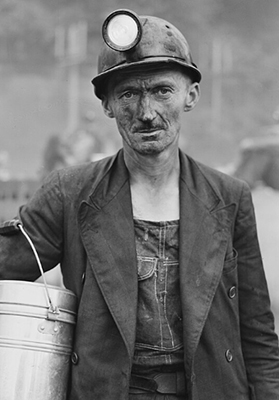 When I was a kid, there was a pop song whose words mystified me. My dad explained that it was about an American coal miner trapped in debt slavery to the mining company he worked for. The company owned the grocery store where he bought food, and his wages were set so low that he could never earn enough to escape his debt.
When I was a kid, there was a pop song whose words mystified me. My dad explained that it was about an American coal miner trapped in debt slavery to the mining company he worked for. The company owned the grocery store where he bought food, and his wages were set so low that he could never earn enough to escape his debt.
The refrain went like this:
You load sixteen tons, what do you get?
Another day older and deeper in debt.
Saint Peter, don’t you call me, ’cause I can’t go—
I owe my soul to the company store.
My dad’s explanation was a real eye-opener for an eight-year-old. It was an inflection point in my growing awareness of basic economics and the harsh realities of this world. The singer laments that Saint Peter shouldn’t call him home to heaven because he still owes not only his bill but, in a sense, his very soul to the company store.
 Bonded labor in that form no longer exists here in the United States, as far as I know. But severe poverty, often driven by heartless mercantilism, has been a reality for people throughout history. John Steinbeck’s The Grapes of Wrath, written in 1939, was a blistering critique of the conditions farm workers faced in California at the time—working for 25 cents a day, barely staying ahead of starvation.
Bonded labor in that form no longer exists here in the United States, as far as I know. But severe poverty, often driven by heartless mercantilism, has been a reality for people throughout history. John Steinbeck’s The Grapes of Wrath, written in 1939, was a blistering critique of the conditions farm workers faced in California at the time—working for 25 cents a day, barely staying ahead of starvation.
In recent months, I’ve learned about a man in his late forties who has essentially been enslaved for the last 27 years. He works in a brick-making company, often putting in 14-hour days. He earns just $3 a day, in a country where that amount buys very little.
Like the song above, he owes his soul to the company store. Legally bound to his employer until his debt is paid—a debt he can never repay at such wages—he lives in a hopeless cycle. He has a wife and three children, is illiterate, and his health is failing. He is also a Christian living in a non-Christian country.
And here I sit—my air conditioner is humming, my stomach is full from a nice lunch, and I just finished my afternoon coffee. Yet my heart is troubled, because the gulf between my comparative wealth and this man’s crushing poverty feels like an unspeakable unfairness. We often say, “We live in a fallen world,” and sometimes we catch a glimpse of the depravity and injustice that are all too common.
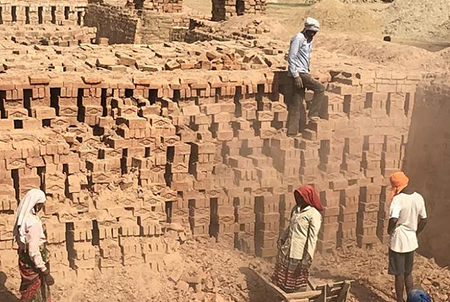 So, what can I do? What do I plan to do? First, I can write this and share it with you, my friends. I can ask for your prayers—not only for me, but especially for this exploited man and his young family. You don’t need to know his name or his country to lift him in prayer.
So, what can I do? What do I plan to do? First, I can write this and share it with you, my friends. I can ask for your prayers—not only for me, but especially for this exploited man and his young family. You don’t need to know his name or his country to lift him in prayer.
And for me personally: please pray as I research and take steps toward finding ways and organizations that can help this man pay off his debt and free him from the hopeless bondage he has endured for so long. It can be done. There are ways. True, it won’t change life for the hundreds of thousands of similar Christian families trapped in the same system of “bonded labor”.
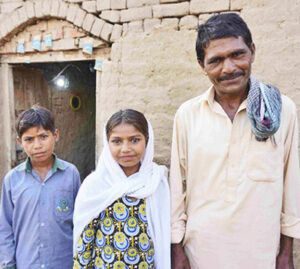 But I can still help this man and his family. I’m sure not rich but I do have enough to try at least to buy this man out of utter literal slavery and into some form of labor that will lift them up to a more endurable daily existence.
But I can still help this man and his family. I’m sure not rich but I do have enough to try at least to buy this man out of utter literal slavery and into some form of labor that will lift them up to a more endurable daily existence.
The Bible says, “Do not withhold good from those to whom it is due, when it is in the power of your hand to do so. Do not say to your neighbor, ‘Go, and come back, and tomorrow I will give it,’ when you have it with you” (Proverbs 3:27–28). And of course, there are countless more verses that carry this same truth.
I personally believe in both a social gospel and a personal gospel. Jesus “went about everywhere doing good” (Acts 10:38). At times, I feel overwhelmed and crushed by the injustice and falsehood that seem increasingly pervasive. Yet the Lord continues to show me things I can do personally—things that matter and make a difference.
Maybe I can’t right all the wrongs that glare at us daily.. But I can still do what I can. As the Lord said of one woman: “She has done what she could” (Mark 14:8).

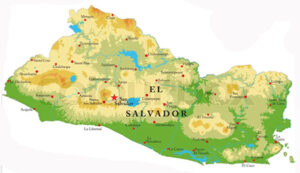
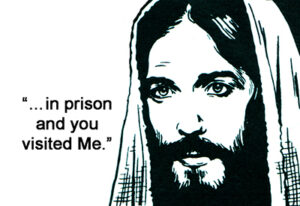 They strongly call us to something higher than the present putrid stench of politics that too often drags us down to the worst in humanity, no matter our race, nationality, or status.
They strongly call us to something higher than the present putrid stench of politics that too often drags us down to the worst in humanity, no matter our race, nationality, or status.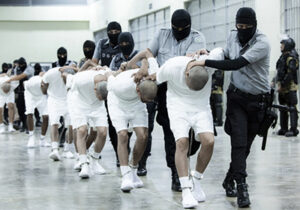 nstead, He continues to guide and prod us along towards worthy actions that we can take to be like the woman Jesus referred to, “
nstead, He continues to guide and prod us along towards worthy actions that we can take to be like the woman Jesus referred to, “
 “So, Mark, are you religious? Do you think that religion will solve the problems of the world today?”
“So, Mark, are you religious? Do you think that religion will solve the problems of the world today?”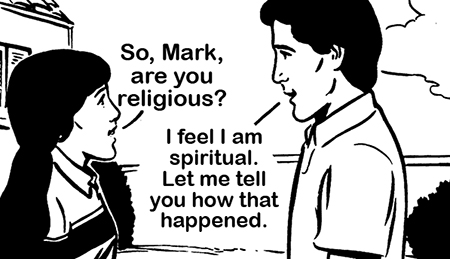 I can see how that question asked by someone else, seeking to understand me better and what I stand for, might have said the same thing. In that case, it would be easy to hear the sincerity in their voice and in that situation I would have answered completely differently.
I can see how that question asked by someone else, seeking to understand me better and what I stand for, might have said the same thing. In that case, it would be easy to hear the sincerity in their voice and in that situation I would have answered completely differently.
 Most of the people at this get together had already viewed
Most of the people at this get together had already viewed 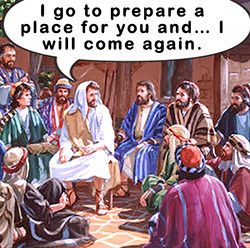 I felt led to pull together a list of blog articles that I’ve written over the last 10 years or so, touching on some of the most common questions that people have when it comes to the subject of what Jesus was referring to when He told His disciples, “
I felt led to pull together a list of blog articles that I’ve written over the last 10 years or so, touching on some of the most common questions that people have when it comes to the subject of what Jesus was referring to when He told His disciples, “ I’ll include here some of the articles that I shared with these ones, primarily related to questions people have about the return of the Lord. Often you can hear folks say, “Oh,
I’ll include here some of the articles that I shared with these ones, primarily related to questions people have about the return of the Lord. Often you can hear folks say, “Oh, 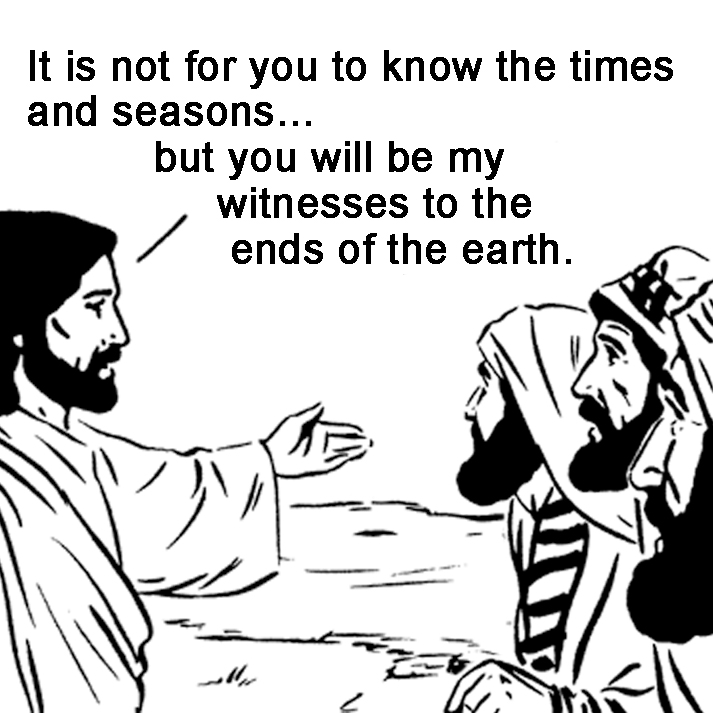 A similar thing people say on this subject, and they quote Jesus, is this: “
A similar thing people say on this subject, and they quote Jesus, is this: “ And you may have heard someone surprisingly tell you something like, “Oh, Jesus actually returned to the earth in 70 AD!” How can you factually and tactfully reply to someone who is saying that? I shared this article with my friends on this subject and how they might respond.
And you may have heard someone surprisingly tell you something like, “Oh, Jesus actually returned to the earth in 70 AD!” How can you factually and tactfully reply to someone who is saying that? I shared this article with my friends on this subject and how they might respond. 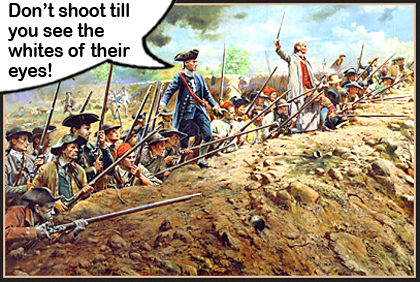 A question for many was, “How close are we?” “Can we tell in specifics how much longer it will be?” Big subject, big questions. Here’s what I shared about this, perhaps one of the articles that has been discussed the most,
A question for many was, “How close are we?” “Can we tell in specifics how much longer it will be?” Big subject, big questions. Here’s what I shared about this, perhaps one of the articles that has been discussed the most, I shared with them an article about my own experiences here over the last year or so involving the local school district I’m in and the battle there for the hearts and minds of the young people who go the schools near me. Here’s an article I shared with my friends about that.
I shared with them an article about my own experiences here over the last year or so involving the local school district I’m in and the battle there for the hearts and minds of the young people who go the schools near me. Here’s an article I shared with my friends about that.  PS You might be interested to know what the atmosphere and mood was at a get-together like this of dedicated East European Christians. Seven years ago I was living in Romania and went to a similar gathering. Here’s an article I wrote about how that was.
PS You might be interested to know what the atmosphere and mood was at a get-together like this of dedicated East European Christians. Seven years ago I was living in Romania and went to a similar gathering. Here’s an article I wrote about how that was.
 This is all part of a Christian ministry the Lord as led me into, to “feed His sheep”, as He told us to do. But primarily the method I’ve used to propagate these videos and blog articles to many countries has been Facebook.
This is all part of a Christian ministry the Lord as led me into, to “feed His sheep”, as He told us to do. But primarily the method I’ve used to propagate these videos and blog articles to many countries has been Facebook.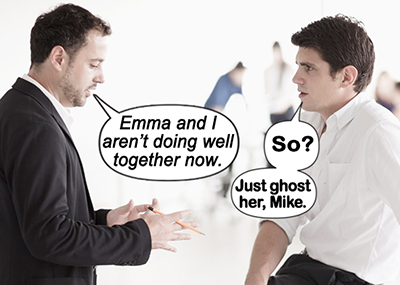
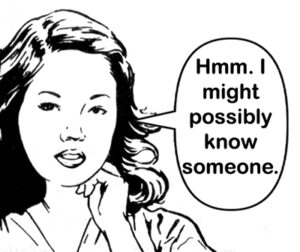 Bingo!! Well, it wasn’t bingo right away but it was a glimmer of hope that I’d not had till then. In a few days she contacted me to say that sometimes these things really almost never got resolved. But that there were ways for ones on the inside to sort of “push people up the queue”.
Bingo!! Well, it wasn’t bingo right away but it was a glimmer of hope that I’d not had till then. In a few days she contacted me to say that sometimes these things really almost never got resolved. But that there were ways for ones on the inside to sort of “push people up the queue”.
 What does that mean? How in the world can you “look diligently..”? But the verse goes on to say that if you don’t “look diligently”, then that is when you “fail the grace of God” and a root of bitterness springs up. Therefore it must mean that the antidote and prevention of bitterness is to “look diligently”.
What does that mean? How in the world can you “look diligently..”? But the verse goes on to say that if you don’t “look diligently”, then that is when you “fail the grace of God” and a root of bitterness springs up. Therefore it must mean that the antidote and prevention of bitterness is to “look diligently”.
 Some locals came around with a boat to rescue him but the man refused, saying “No thanks, I’m trusting the Lord!” Two more times that happened and then the floods rose and the man drowned.
Some locals came around with a boat to rescue him but the man refused, saying “No thanks, I’m trusting the Lord!” Two more times that happened and then the floods rose and the man drowned.
 All the lonely people, where do they all belong? There certainly is a time to get alone with the Lord and it’s a known fact that many of God’s saints had years where they were often alone with only the Lord as their companion and friend. But then, “
All the lonely people, where do they all belong? There certainly is a time to get alone with the Lord and it’s a known fact that many of God’s saints had years where they were often alone with only the Lord as their companion and friend. But then, “ Believe me, I know so many really don’t have this. So, so many are alone, and just that experience can contribute to mental anxiety, depression, negative thoughts and premature old age, not to mention succumbing to drug or alcohol addiction and even suicidal thoughts. And so often it’s because someone is a sheep of God who is separated from the flock.
Believe me, I know so many really don’t have this. So, so many are alone, and just that experience can contribute to mental anxiety, depression, negative thoughts and premature old age, not to mention succumbing to drug or alcohol addiction and even suicidal thoughts. And so often it’s because someone is a sheep of God who is separated from the flock.
 But for a couple of years, I’ve been deeply concerned about situations happening in my local community. I wrote about that in a recent article, “
But for a couple of years, I’ve been deeply concerned about situations happening in my local community. I wrote about that in a recent article, “ The Samaritan stopped on his way to help a man who’d been beaten by robbers. According to Jesus, several very religious priestly types had already passed by before but they’d done nothing for the beaten man. In other words, taking personal, physical action to alleviate the wrongs we are confronted with in this world is definitely what Jesus did Himself and what He taught in the gospels as well.
The Samaritan stopped on his way to help a man who’d been beaten by robbers. According to Jesus, several very religious priestly types had already passed by before but they’d done nothing for the beaten man. In other words, taking personal, physical action to alleviate the wrongs we are confronted with in this world is definitely what Jesus did Himself and what He taught in the gospels as well. Maybe it’s like what Jesus said, “
Maybe it’s like what Jesus said, “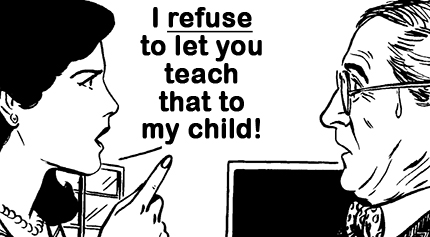
 Again, there’s so much overstatement in our times that if I try to tell you what’s going on, you’ll very easily default to the “my eyes glaze over” attitude that so many of us have had to take on, just to survive all that we’re almost assaulted with.
Again, there’s so much overstatement in our times that if I try to tell you what’s going on, you’ll very easily default to the “my eyes glaze over” attitude that so many of us have had to take on, just to survive all that we’re almost assaulted with. They explain that they’ve been learning in public school that they’re free to choose their gender and that they can be liberated from the shackles of society’s bonds and “to be what they inwardly have come to realize they really are.”
They explain that they’ve been learning in public school that they’re free to choose their gender and that they can be liberated from the shackles of society’s bonds and “to be what they inwardly have come to realize they really are.” And there are school board elections coming up in the elections in November. While we are so swapped with controversies about national elections, the fact is that the members of your local school board are the ones who make the decisions as to what is let into the curriculum of the schools your kids and grandkids go to. And what is kept out.
And there are school board elections coming up in the elections in November. While we are so swapped with controversies about national elections, the fact is that the members of your local school board are the ones who make the decisions as to what is let into the curriculum of the schools your kids and grandkids go to. And what is kept out. “
“